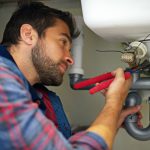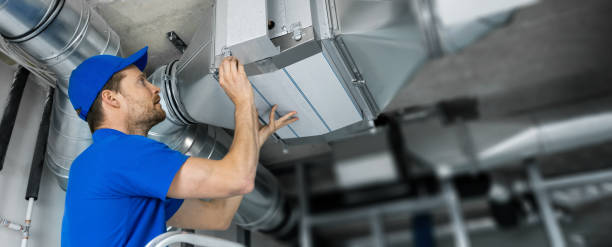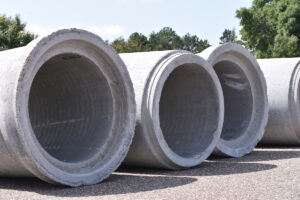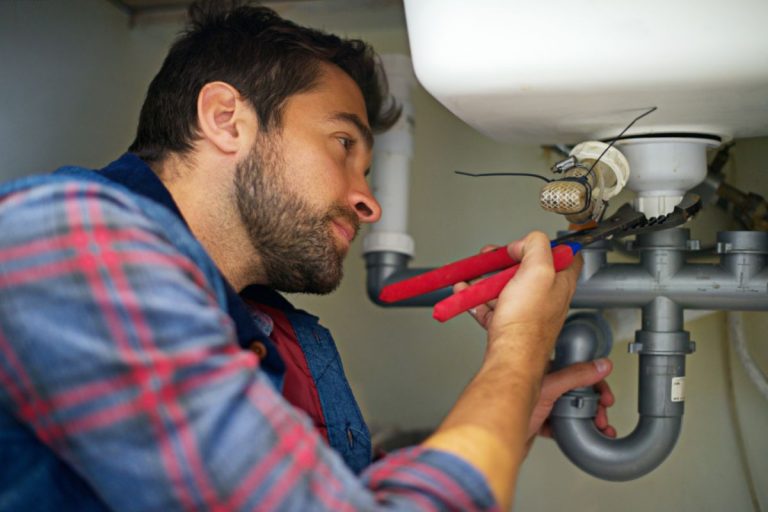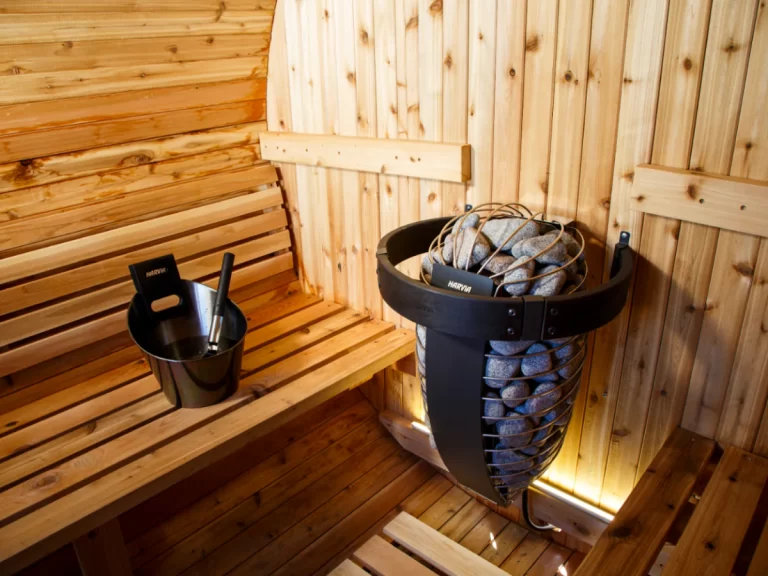Particularly in factories or facilities that produce chemicals, industrial buildings can have considerably higher air pollution levels. Furthermore, leftovers from the manufacturing process, such as dust particles, oil mist aerosols, and condensed vapors, can build up inside and outside the equipment, posing problems for process quality, equipment maintenance, and workplace safety.
In industrial filtration, polluting particles are taken out of gases and the air. Systems for air filtration and separation are necessary for many industrial operations in order to safeguard machinery and the working environment.
Keeping Equipment Safe from Consuming Dangerous Contaminants
Equipment can be severely harmed by contaminants that are present throughout the production process. The ability of industrial filtration to catch, remove, and contain these contaminants for appropriate removal and disposal is one of its most crucial functions. This buildup can potentially clog the machinery and harm rotating parts. In this case, the vacuum pump would be shielded from liquids and particles by a liquid separator and a particulate filter.
In more extreme applications, the manufacturing process might release hazardous aerosols and vapors that, depending on the chemical component, could cause a vacuum pump failure or even a combustion event. To keep the machinery operating, the industrial air filtration system must eliminate these dangerous byproducts. A vapor condensing trap would be deployed to ensure that harmful vapors are adequately condensed and removed in this situation.

Elimination of Contaminants for the Purification of Gas and Air Streams
In industrial production processes, including pneumatic conveying, additive manufacturing, and landfill gas collection, industrial filtration is essential. As a result, the process outputs are more pure since the air and gas are kept clean during operations.
To ensure that dangerous or unwanted particles are removed, air and gas filtration must be complete and quantifiable. Many industrial manufacturing processes require clean, pure outputs; even little changes in the level of contamination could lead to useless products.
Safeguarding employees and the workplace
According to a recent study, poor air quality has the most effect on workers’ general wellbeing. Severe air pollution can reduce output and slow productivity, according to a paper released by the National Institutes of Health and the US National Library of Medicine. Industries with better air quality have workers who are more productive. As a result, implementing appropriate industrial filtration systems is crucial for worker productivity and safety, in addition to equipment protection.
Taking a desirable product out of the air stream and isolating it
A highly effective separation of solids, liquids, and vapors is necessary for many vacuum manufacturing processes. This helps to prevent system failure and maximizes waste reduction while also capturing useful process outputs. Specialty filtration and separation products and systems that separate products from an air/gas stream under vacuum conditions can be used to achieve this.
